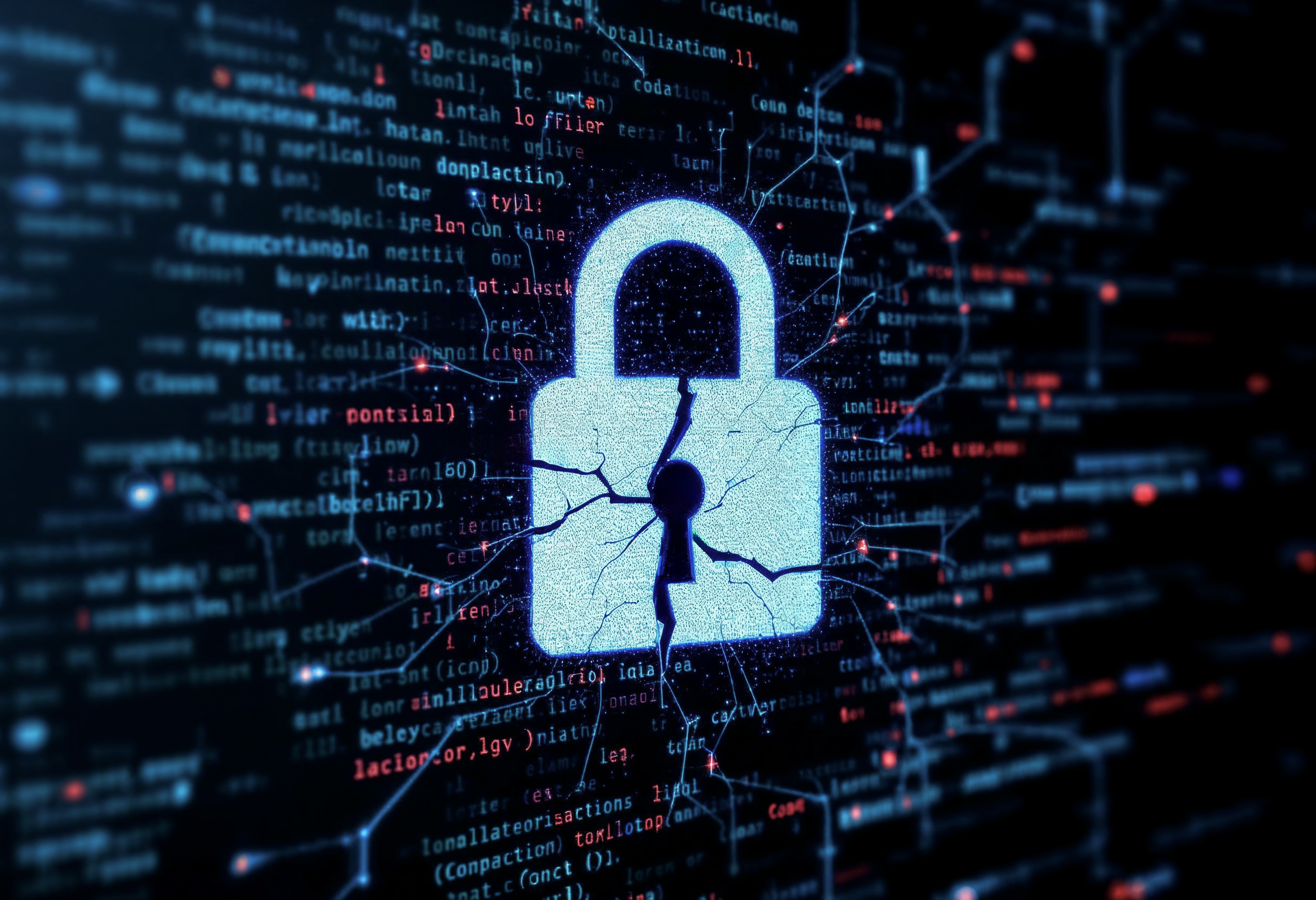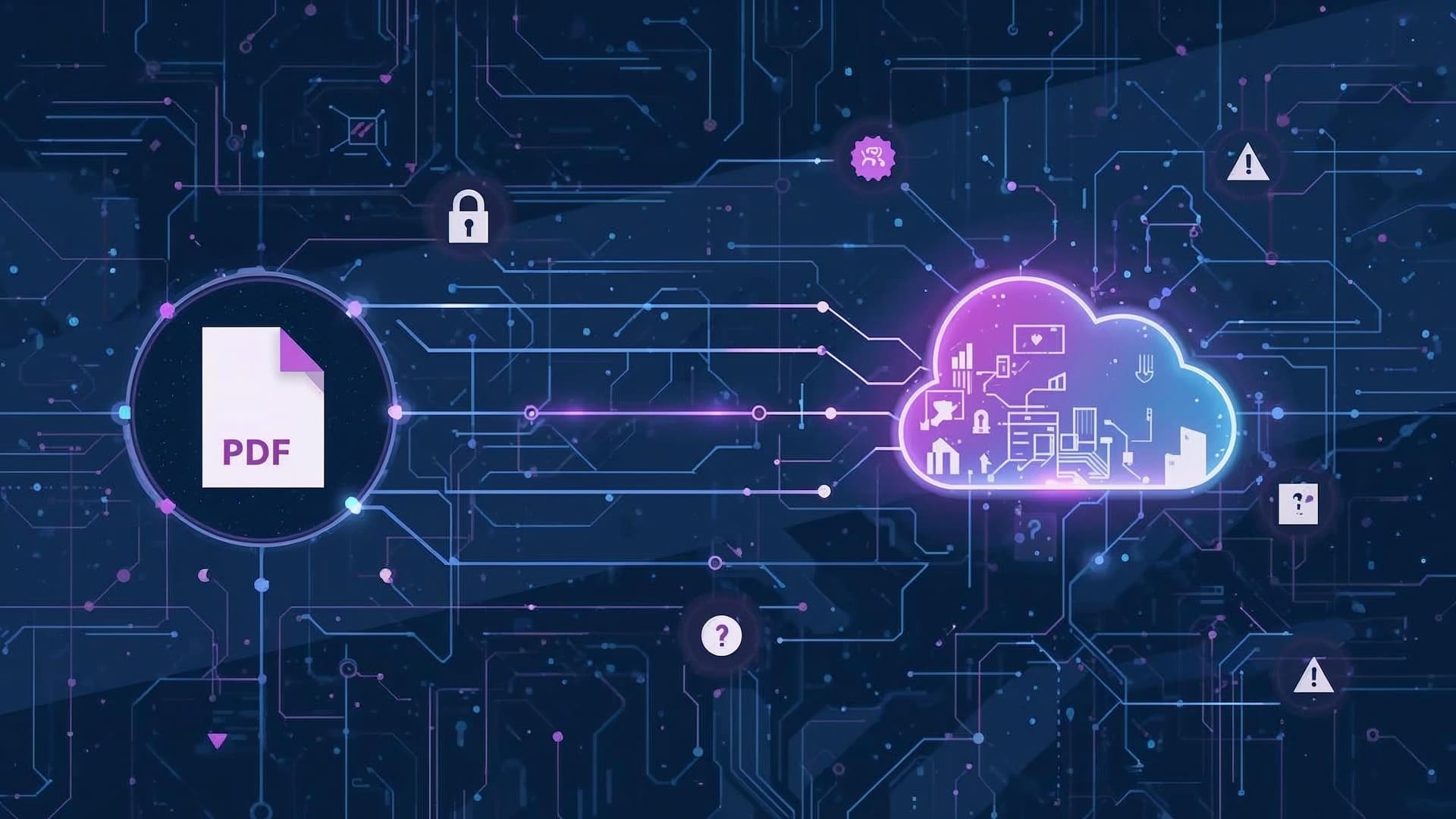Employees are adopting generative tools at work faster than organisations can approve or secure them, giving rise to what is increasingly described as ‘shadow AI‘. Unlike earlier forms of shadow IT, these tools can transform data, infer sensitive insights, and trigger automated actions beyond established controls.
For European organisations, the issue is no longer whether AI should be used, but how to regain visibility and control without undermining productivity, as shadow AI increasingly appears inside approved platforms, browser extensions, and developer tools, expanding risks beyond data leakage.
Security experts warn that blanket bans often push AI use further underground, reducing transparency and trust. Instead, guidance from EU cybersecurity bodies increasingly promotes responsible enablement through clear policies, staff awareness, and targeted technical controls.
Key mitigation measures include mapping AI use across approved and informal tools, defining safe prompt data, and offering sanctioned alternatives, with logging, least-privilege access, and approval steps becoming essential as AI acts across workflows.
With the EU AI Act introducing clearer accountability across the AI value chain, unmanaged shadow AI is also emerging as a compliance risk. As AI becomes embedded across enterprise software, organisations face growing pressure to make safe use the default rather than the exception.
Would you like to learn more about AI, tech, and digital diplomacy? If so, ask our Diplo chatbot!










